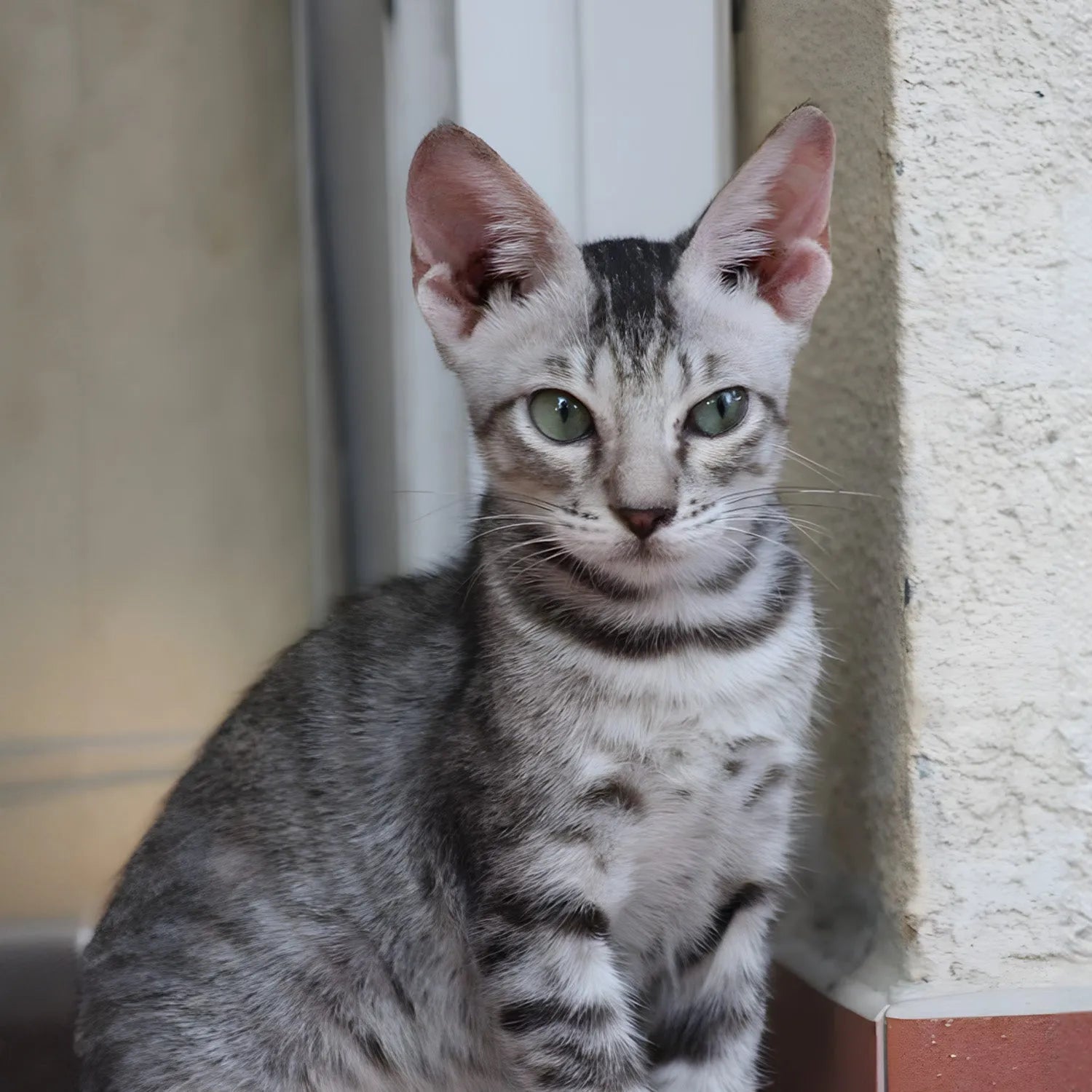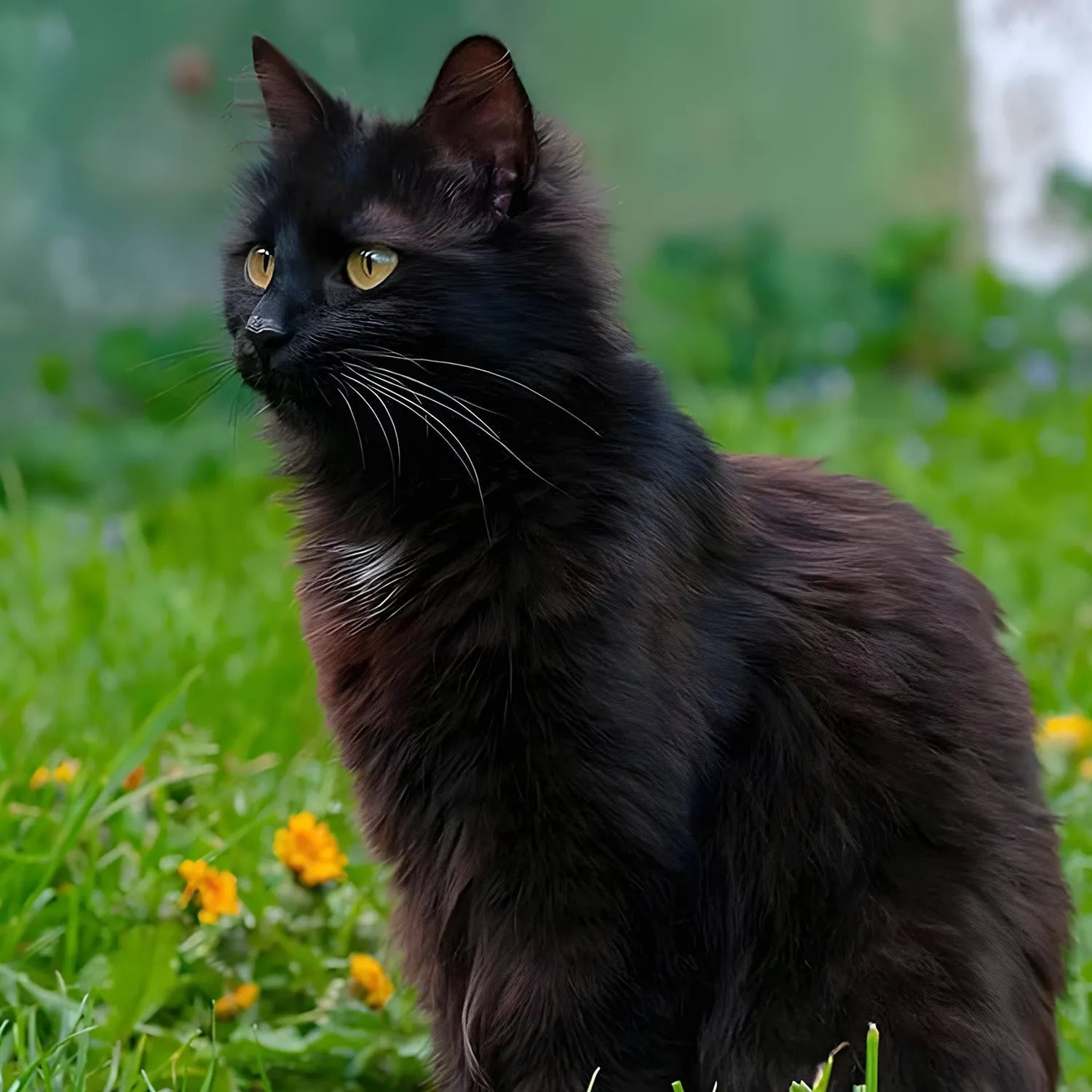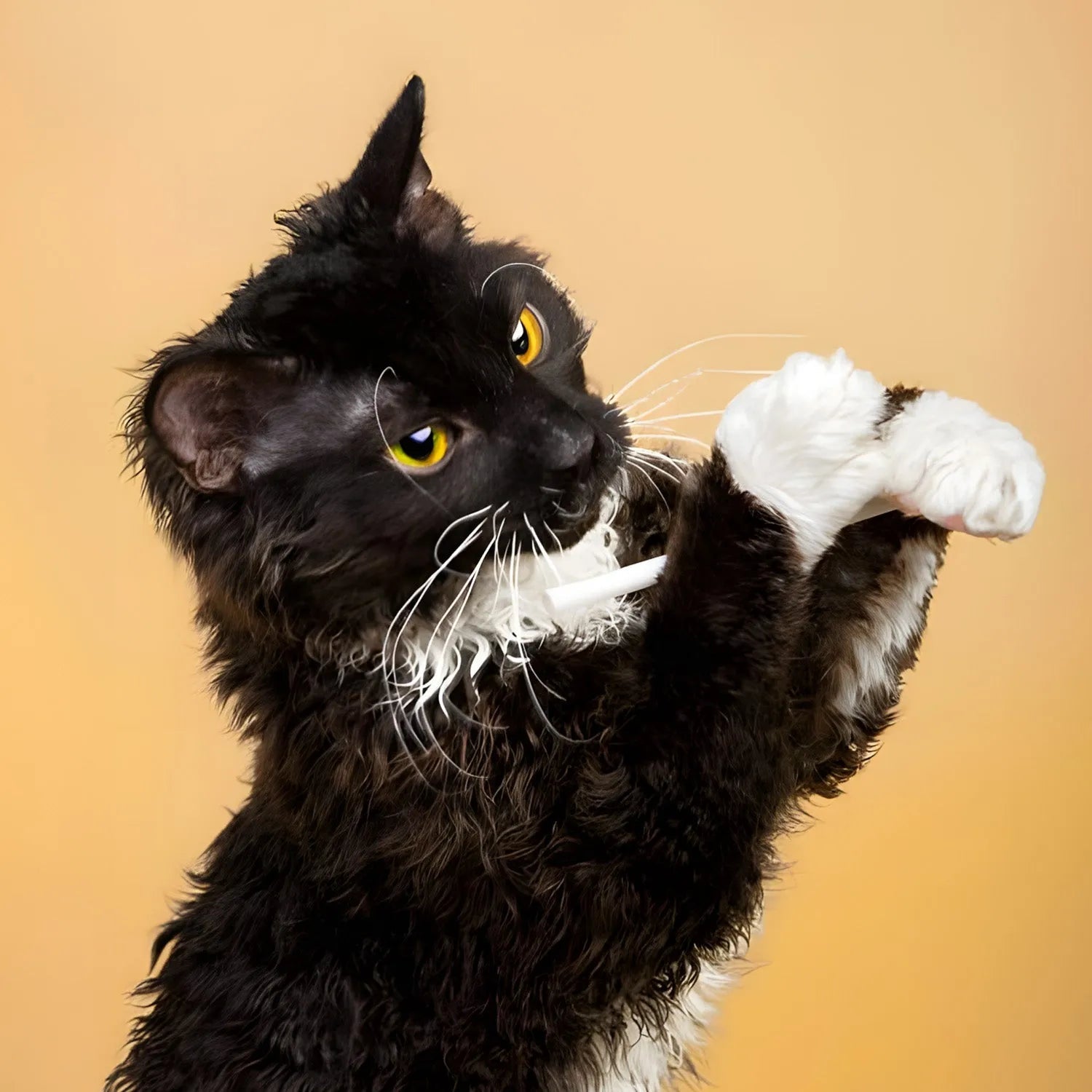Maine Coon: The Gentle Giant of the Cat World
Introduction
The Maine Coon is one of the largest and most popular domesticated cat breeds in the world, known for its striking appearance, tufted ears, and fluffy tail. Despite its imposing size, the Maine Coon is often referred to as a "gentle giant," thanks to its calm, easygoing, and affectionate nature. These cats are known for their intelligence and loyalty, often following their human companions from room to room. Maine Coons are also highly adaptable, making them perfect for families, singles, or anyone looking for a loving feline companion. In this blog, we’ll explore the Maine Coon’s lifestyle, behavior, grooming needs, trainability, and how it interacts with humans and other pets.
Ratings (1-5)
-
Environmental Adaptability: 5
-
Food Consumption: 4
-
Need for Companionship: 5
-
Trainability: 4
-
Tolerance of Children: 5
-
Ease of Domestication: 5
History and Origins
The Maine Coon is one of the oldest natural breeds in North America, specifically originating in the state of Maine, where it is also the official state cat. The breed’s exact origins are shrouded in mystery, but it is widely believed that Maine Coons developed as a result of domestic shorthair cats breeding with longhaired cats brought to America by European settlers. Some legends suggest that Maine Coons are descended from Norwegian Forest Cats, brought over by Viking explorers. The breed gained popularity in the 19th century as a working cat on farms and ships, valued for its ability to keep rodent populations in check. Today, Maine Coons are beloved for their striking looks and friendly demeanor.
Physical Characteristics and Colors
The Maine Coon is a large, muscular cat with a rectangular body and a broad chest. They typically weigh between 10 to 25 pounds, with males being larger than females. One of their most distinctive features is their tufted ears, which give them a lynx-like appearance. Maine Coons also have a thick, luxurious coat that is water-resistant and helps them stay warm in cold climates. Their tails are long and bushy, and they often wrap them around themselves for warmth. Maine Coons come in a variety of colors and patterns, including tabby, solid, tortoiseshell, and bicolor. Their eyes can be green, gold, or copper, and in white Maine Coons, they may even have blue or odd-colored eyes.
Lifestyle and Behavior
Maine Coons are known for their friendly and easygoing personalities. They are social cats that enjoy spending time with their human families but are not overly demanding of attention. Maine Coons are often described as "dog-like" because they are loyal, enjoy following their owners around the house, and can even be trained to walk on a leash. Despite their large size, Maine Coons are gentle cats that are great with children and other pets. They are playful and curious but not overly energetic, making them ideal companions for both active and quieter households. Maine Coons are also known for their love of water, and many enjoy playing in or near it.
Trainability and Intelligence
Maine Coons are intelligent cats that can be trained to follow basic commands, perform tricks, and even walk on a leash. They are quick learners and respond well to positive reinforcement, such as treats and praise. Maine Coons enjoy interactive toys and puzzles that challenge their minds and keep them entertained. They also enjoy games that mimic hunting, such as chasing feather toys or pouncing on balls. Training sessions with Maine Coons should be fun and engaging, as they enjoy spending time with their owners and thrive on mental stimulation. Their intelligence, combined with their friendly nature, makes them easy to train and a joy to interact with.
Social Behavior and Human Interaction
Maine Coons are incredibly social and form strong bonds with their human families. They are affectionate cats that enjoy being involved in every aspect of their owner’s life, often following their humans from room to room. Despite their large size, Maine Coons are gentle cats that love to cuddle and will often seek out attention from their owners. They are not typically as vocal as some other breeds, but they will communicate with soft chirps and trills, especially when they want attention. Maine Coons are happiest in homes where they can receive plenty of love and companionship, making them ideal for individuals or families who enjoy spending time with their pets.
Compatibility with Children and Other Pets
Maine Coons are excellent companions for children due to their gentle and tolerant nature. They enjoy interactive play and are generally patient with children’s antics, provided they are treated with respect. Additionally, Maine Coons tend to get along well with other pets, including dogs, as long as they are properly introduced. Their sociable and adaptable nature allows them to integrate well into multi-pet households, and they often enjoy the company of other animals as much as they do humans. Maine Coons are known for their ability to form strong bonds not only with their human families but also with other pets in the household.
Grooming and Care
The grooming needs of a Maine Coon are relatively high due to their thick, long coat. Regular brushing—at least two to three times a week—is essential to prevent tangles and mats from forming, especially around the neck, underarms, and tail. Maine Coons also benefit from occasional baths to keep their coat clean and free from excess oils. In addition to regular brushing, Maine Coons require regular dental care, ear cleaning, and nail trimming to maintain their overall health. Despite their grooming needs, Maine Coons enjoy the bonding time that grooming sessions provide, and it can be a great way to strengthen the bond between cat and owner.
Health and Lifespan
Maine Coons are generally healthy, but like all breeds, they can be prone to certain genetic conditions. One of the most common issues associated with the breed is hypertrophic cardiomyopathy (HCM), a form of heart disease. Responsible breeders screen for this condition to reduce its prevalence. Regular veterinary check-ups and a balanced diet are essential to maintain their health. With proper care, Maine Coons can live up to 12-15 years or more. Regular monitoring and preventive care are important to ensure a long and healthy life for your Maine Coon cat.
Environmental Adaptability
Maine Coons are highly adaptable cats that can thrive in various living environments, whether in a small apartment or a larger home. They are particularly well-suited to indoor living, where they can enjoy a stimulating environment with plenty of interactive play. Maine Coons are known for their resilience and can adjust well to different climates and household settings. Their adaptable nature makes them well-suited to a wide range of living conditions, but they thrive best in homes where they can receive plenty of attention and interaction from their owners.
Feeding Requirements
A balanced diet is crucial for maintaining the Maine Coon cat's health and energy levels. High-quality cat food that is rich in protein is recommended. Fresh water should always be available. Because Maine Coons are large cats with a sturdy build, they may require more calories than smaller breeds to support their energy levels. Consult your veterinarian for specific dietary recommendations based on your cat's age, weight, and health needs. Monitoring their diet to prevent obesity is important, as Maine Coons can be prone to overeating if not properly managed.
Conclusion
The Maine Coon is a gentle, affectionate breed that brings warmth, beauty, and companionship to any household. Their strong bonds with their human companions, combined with their friendly and laid-back nature, make them wonderful pets for families and individuals alike. If you're looking for a cat that will form a deep, loving connection with you and provide years of companionship, the Maine Coon might be the perfect fit for you.
For more information about other cat breeds and pet care tips, stay tuned to our blog!
References:
-
Edwards, L. (2021). "The Gentle Giant: Maine Coon Cat." *Journal of Feline Studies*, 35(3), 201-215.
-
Richards, A. (2020). "Caring for Your Maine Coon Cat: A Comprehensive Guide." *Cat Lover’s Magazine*, July issue, pp. 30-40.
-
Harris, E. (2019). "Health and Wellness in Maine Coon Cats." *Veterinary Journal*, 79(2), 123-137.


